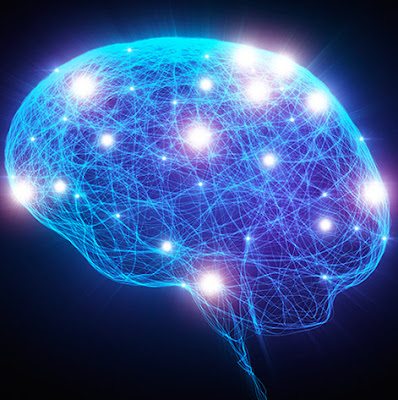psychology "The science that reviews the spirit or concentrates the psyche", so as to recognize this term and the study of the investigation of the body.
What is psychology
What is psychology
Psychology is a scholarly and applied investigation of conduct, discernment and the study of mechanics found for them. Brain science, for the most part, examines people, yet it very well may be applied to non-people now and again, for example, creatures or keen frameworks.
Brain science
Psychology is the logical investigations of conduct, psyche, thinking, and character, and it very well may be characterized as: "the logical investigation of the conduct of living life forms, particularly individuals, with the point of arriving at a getting, translation, forecast, and control of this conduct.
Just as it is a significant science as of late and they didn't grow before and this science isn't restricted to one branch, yet it has a few branches and divisions notwithstanding that it is a fascinating science despite the fact that its examination may not be simple and this science helps in knowing the various sorts of characters.
Psychology goals
The objectives he looks to accomplish are understanding and deciphering conduct, foreseeing what the conduct will be, controlling and controlling conduct.
The fields of brain science
Brain science is mostly partitioned into two schools:
The Analytical School and its author Sigmund Freud.
The Socialist School and its author Pavlov.
From these two schools rose branches that took the hypothetical type of this science.
Hypothetical branches:
Exploratory Psychology: This area is worried about the investigation of intellectual and engine capacities and procedures, particularly visual and sound-related observation, and subjective procedures.
Physiological Psychology: It investigates the physiological establishments of conduct, as this branch tries to find the connection between physiological procedures and conduct.
Formative Psychology: It examines the phases of advancement from the introduction of the hatchling to mature age.
Social Psychology: It is worried about contemplating the impact of the gathering on the conduct of people just as considering the conduct of the person in the gathering.
Applied branches:
Instructive Psychology: This segment is worried about scholarly training and scholastic accomplishment.
Mechanical and hierarchical brain science: applies the standards of brain science in the field of industry and associations to take care of business-related issues with the point of raising efficiency.
Psychological health
Mental or psychological well-being is the degree of mental prosperity or a mind liberated from unsettling influences, "which is the psychological condition of an individual with a decent passionate and social level.
" From the angle of positive brain research or an all-encompassing perspective on emotional wellness, it might incorporate the person's capacity to appreciate life and make a harmony between life exercises and their necessities for accomplishing mental strength.
An individual who experiences a social wellbeing issue faces numerous issues, maybe the most conspicuous being pressure, wretchedness, nervousness, and issues in his associations with others and may experience the ill effects of misery, habit, absence of consideration, hyperactivity, troubles in learning, disposition issue, and another mental issue.
The importance of mental health
Keeping up great emotional wellness is significant for carrying on with long and agreeable life, as it might be a significant explanation behind life span, not at all like poor psychological wellness that ruins its proprietor from carrying on with a superior life.
Research Methods in Psychology
Inward reflection
It is an important technique followed by brain science since it scans for immaterial things that just a single individual can detect, as the sentiment of joy is an inclination of character that isn't seen by someone else.
It is a technique that relies upon its speculation dependent on the capacity of the depiction, so the individual should precisely portray the interior circumstance and express it in the language, that is, the individual watches himself.
Reflection is a manner by which brain research is remarkable from others and is recognized in different sciences. The eyewitness and the spectator are a certain something.
Imperfections of interior reflection
It works subliminally.
It is difficult to watch wonders in the event that they happen, however they are recovered after they happen and the recouped picture is commonly more vulnerable than the first.
An individual can't see himself simultaneously as the wonder, that is, he can't perform two mental procedures all the while.
The outer note
It is a technique that we use when we need to clarify the conduct of others with what shows up on their countenances and their activities.
Some of the time in the perception, the end might not be right in perspective on the numerous contrasts between individuals, since certain viewpoints that show up on certain people might be fake, realizing that people vary in their character and the manners by which they express their sentiments of disgrace.
Experimentation
It is a note under constrained and controllable conditions, so the experience contrasts from the note. The clinician may confront trouble when directing examinations, which are the variety of variables and conditions that are identified with the marvel, in light of the fact that the person is influenced by many interrelated factors and isn't influenced by one factor. Also, the aftereffects of experimentation rely upon two sorts of components:
Outer components: the encompassing conditions and their boosts.
Inner variables: It is the individual's mindset and general mental state.
References
Encyclopedia Wikipedia


